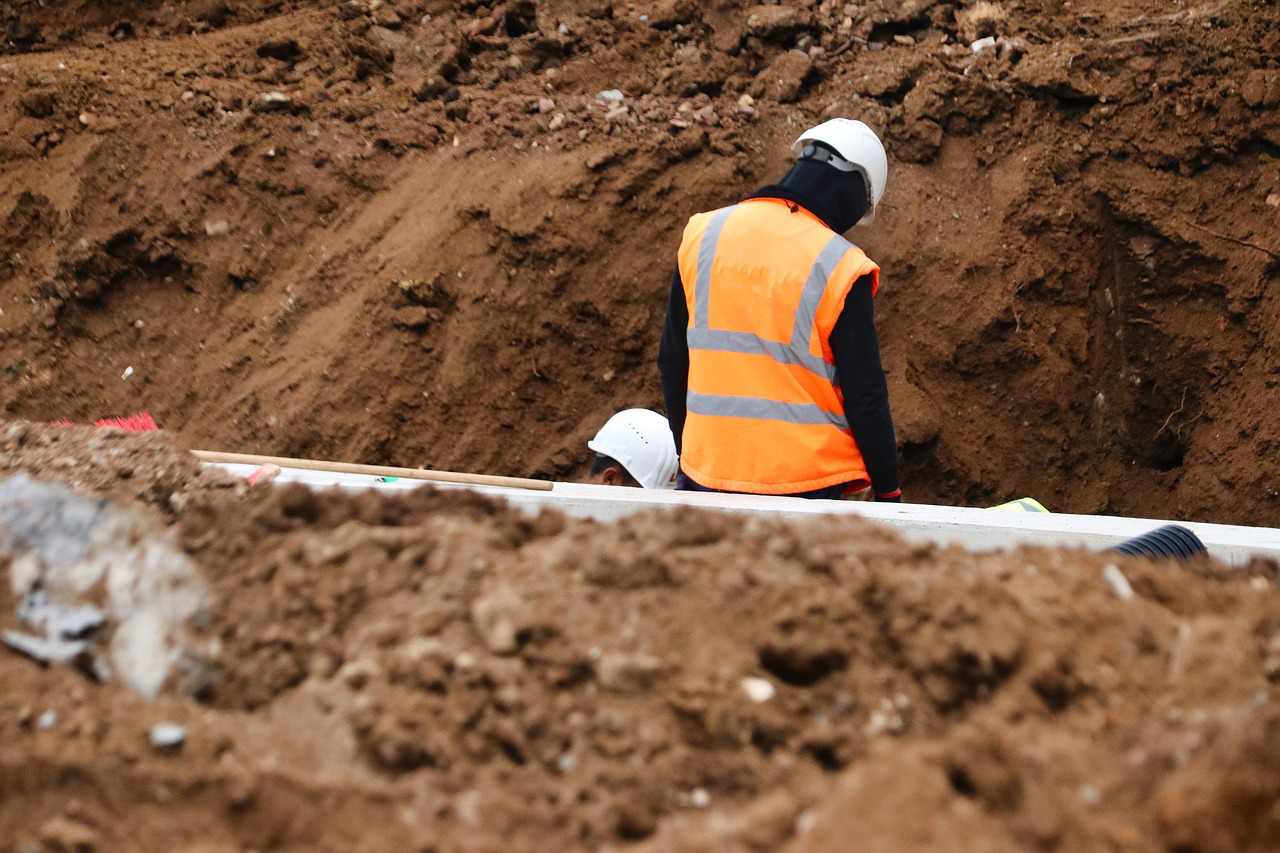As the construction industry faces increasing pressure to reduce its environmental impact, sustainable excavation practices are emerging as a key solution. Excavation, while essential in construction, traditionally disrupts ecosystems and consumes significant resources.
However, with innovative, eco-friendly techniques, the future of excavation is becoming more sustainable, efficient, and environmentally responsible.
What Are Sustainable Excavation Practices?
Sustainable excavation practices focus on reducing the environmental footprint of excavation by minimizing soil disturbance, conserving resources, and promoting energy efficiency. These practices aim to mitigate the harmful effects of excavation, such as land degradation, excessive waste, and high emissions. Sustainable methods also emphasize the reuse of materials, ensuring that excavation processes contribute to a more sustainable construction industry.
Key Innovations Shaping Sustainable Excavation
Electric and Hybrid Machinery
One of the most promising innovations in excavation is the development of electric and hybrid machinery. These machines, including excavators and bulldozers, reduce fuel consumption and carbon emissions significantly. By replacing diesel engines with electric motors or hybrid systems, these machines offer a cleaner alternative that cuts down on air pollution and noise, improving the overall environmental and community impact of excavation projects.
Recycling and Reusing Excavated Materials
Another essential aspect of sustainable excavation is the recycling and repurposing of excavated materials. Concrete, asphalt, and soil can often be reused in construction projects, reducing the need for virgin materials. Some methods even restore the quality of the land being excavated, ensuring it can be reused for future development. By reusing materials, the construction industry can cut down on waste and conserve valuable resources.

Soil Management and Site Restoration
Minimizing soil disturbance is critical to sustainable excavation. Advanced techniques like trenchless excavation, which reduce the need for large-scale digging, are gaining popularity for their minimal environmental impact. Furthermore, proper soil management practices such as erosion control, soil testing, and the planting of native vegetation help restore and protect the land. These efforts ensure that excavated sites can return to their natural state or be repurposed for future use.
Reducing Water Usage
Excavation processes often rely on water for dust control and soil compaction. However, with increasing concerns about water scarcity, many companies are turning to methods that use less water or recycle the water used in excavation. These water-efficient techniques contribute to sustainability by reducing the strain on local water resources.
Benefits of Sustainable Excavation
Adopting sustainable excavation practices offers several key advantages:
- Environmental Protection: These methods reduce emissions, conserve water, and protect local ecosystems, ensuring a smaller ecological footprint.
- Cost Savings: By reducing waste and improving efficiency, sustainable practices often result in cost savings for construction companies.
- Compliance and Reputation: As regulations around environmental responsibility tighten, using sustainable practices helps companies stay compliant and boosts their reputation among environmentally-conscious clients.
Take Your Excavation Project to the Next Level
Whether you’re looking for expert excavating services, reliable grading services, or specialized sewer line repairs in St. Louis, we connect you with the right professionals for your needs. Excavating St. Louis is your trusted excavating contractor in St. Louis; we ensure that you get quality, efficient service every time. Don’t compromise on your project—trust the experts. Contact us today!
